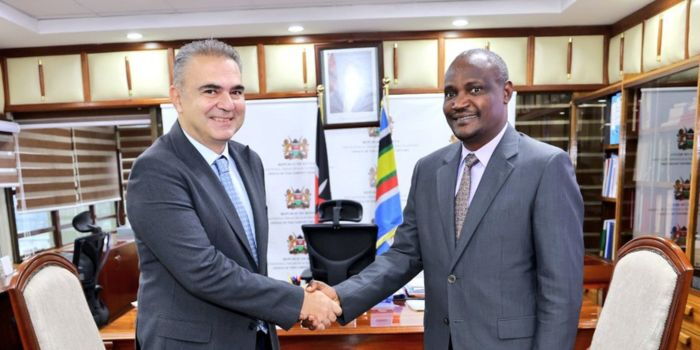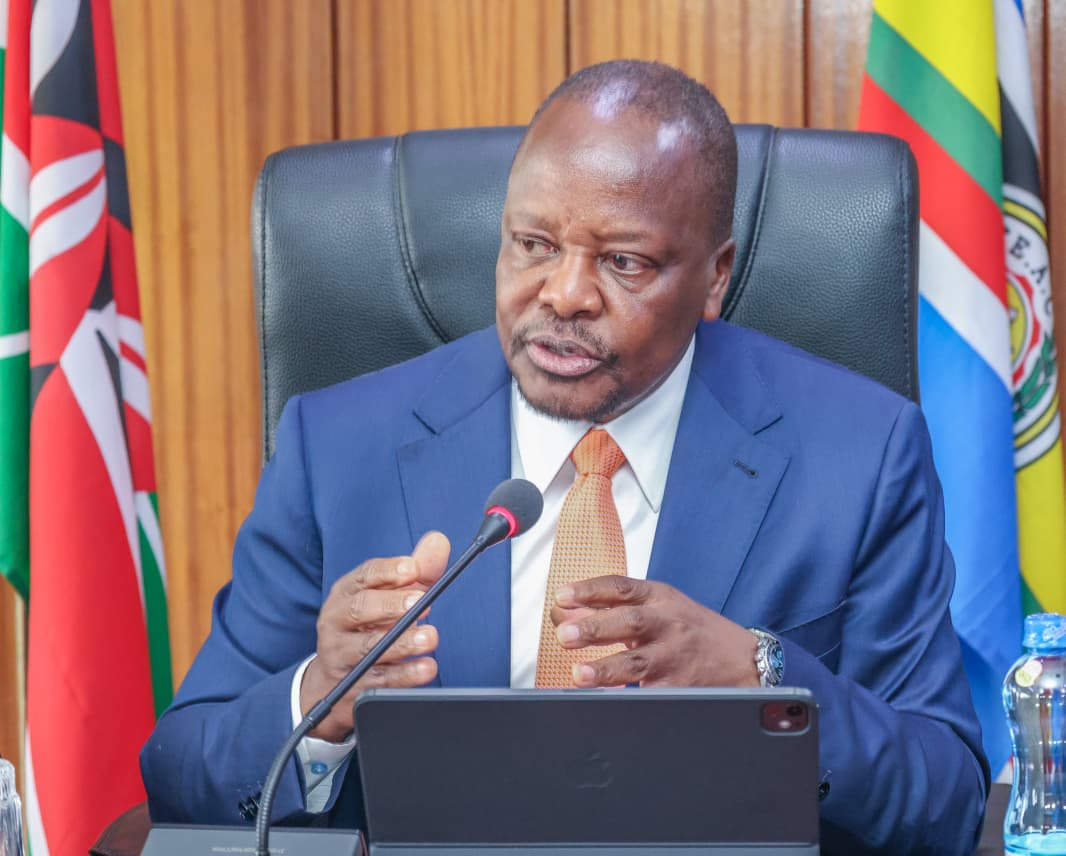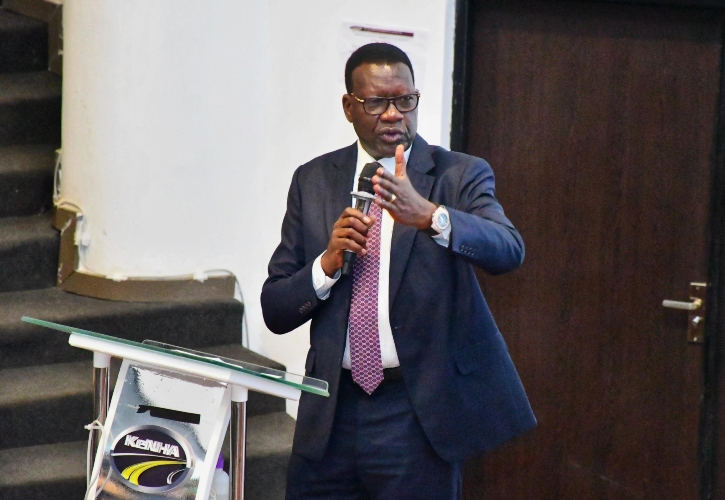High Court bars Communications Authority from interfering with TV content

Court clarifies that regulation of the content is a duty of the Media Council of Kenya (MCK).
The high court has restrained the Communications Authority of Kenya (CA) from interfering with television programmes that pose a threat of state censorship of media under the guise of content regulation.
Justice Lawrence Mugambi declared the Broadcast Code for broadcast media as prescribed by CA as unconstitutional hence null and void, and clarified that regulation of the content is a duty of the Media Council of Kenya (MCK).
More To Read
- Kenya records 842 million cyber threats as AI-powered attacks escalate
- CA orders telecom operators to adopt licensed digital certification services or face penalties
- Telecom operators ordered to adopt approved digital certificates by January 2026
- Safaricom leads Kenya’s fixed data and internet market - CA
- DStv Kenya faces subscriber exodus as families ditch pay TV for cheaper options
- Media Council urges MPs to fast-track amendments to strengthen journalism regulation
Mugambi flagged potential censorship of media through parallel regulation by CA and MCK and set out to separate the mandate of the two institutions to secure media freedom.
"In the instant case, it is obviously the (MCK) under the Media Council Act which the Act states was enacted to give effect to Article 34 (5) of the Constitution," stated the judge.
However, Mugambi suspended the order nullifying the Code for six months to allow the MCK sufficient time to develop age-appropriate standards to protect children and other vulnerable persons from inappropriate media content.
The judge said the role of setting media standards, regulating and monitoring compliance with those standards is specified under Article 34 (5) (c) of the Constitution to be a role to be discharged by an institution set up for that mandate.
He said governmental control or censorship through giving directions to media content and as to how and when content should be aired is adversative to the independence and freedom of media from governmental control and is against the principles of a free and independent media in Article 34.
"If it is a question of content being inappropriate, that is an ethical issue which should be dealt with under the context of media standards by media workers not by the media regulator. It is an issue concerning media standards which is for the MCK to oversight," stated the judge.
The Kenya Union of Journalists (KUJ) had petitioned the high court to intervene and determine whether CA should exercise regulation on matters related to content in TV programmes.
Usurp MCK role
KUJ perceives that the CA should not venture into an area that involves the setting of media standards as this is an invasive way to dilute the protection given by Article 34 (5) by way of statutory provisions that usurp the role of the MCK, and also causes confusion.
Mugambi said from a Constitutional viewpoint, under Article 34 (5), the body clothed with the authority to set media standards and to monitor their compliance is MCK.
The judge said CA can and may develop and prescribe licensing conditions and standards relevant to the broadcasting or electronic licences but only if this does not infringe on the constitution or meddle with the mandate of the MCK.
KUJ had also questioned the CA's role in programming code which it says is unconstitutional and inappropriate.
CA argued that all public officers have a duty to address the needs of vulnerable groups within the society including women, older members of the society, persons with disabilities, children, youth, and members of minority or marginalised communities among others.
It insisted the code is intended to protect such groups from inappropriate content.
But Mugambi said the fact that an act is done with good intention is not sufficient to validate such an act unless it can be shown that the decision was made validly.
Top Stories Today














































